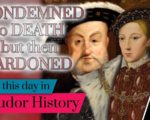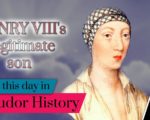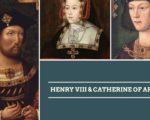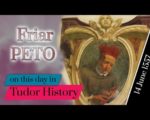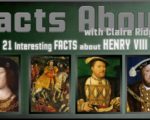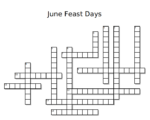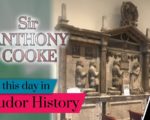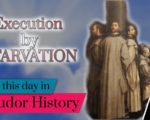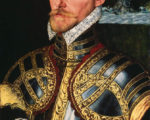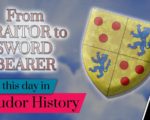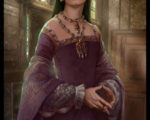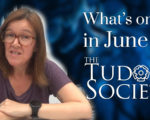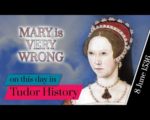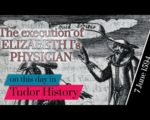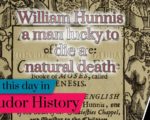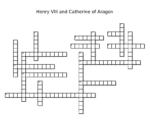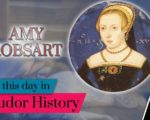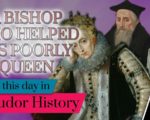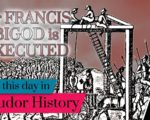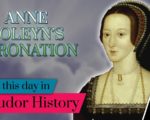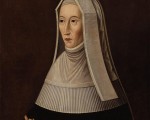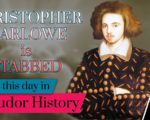Richard Hawkins was born in Plymouth and was the only son of Sir John Hawkins and his first wife, Katherine Gonson. His mother was the daughter of Benjamin Gonson, the treasurer of the navy, the position his father John took in 1577, so the seafaring life was in his blood. Little is known regarding Richard’s education; it isn’t clear whether he attended university or an inn of the court, but he had reasonable fluency in Latin and the educational skills expected from gentlemen at the time. Therefore, although he grew up among ships and seamen, he will have enjoyed a period of schooling, presumably in Plymouth. A lot of what we know about Richard Hawkins comes from his autobiography ‘Observations of Sir Richard Hawkins, knight in his voyage into the southern sea, A.D 1593, which he wrote until around 1599. Although written by Richard himself, it isn’t easy to know whether all the details are correct.
[Read More...]
